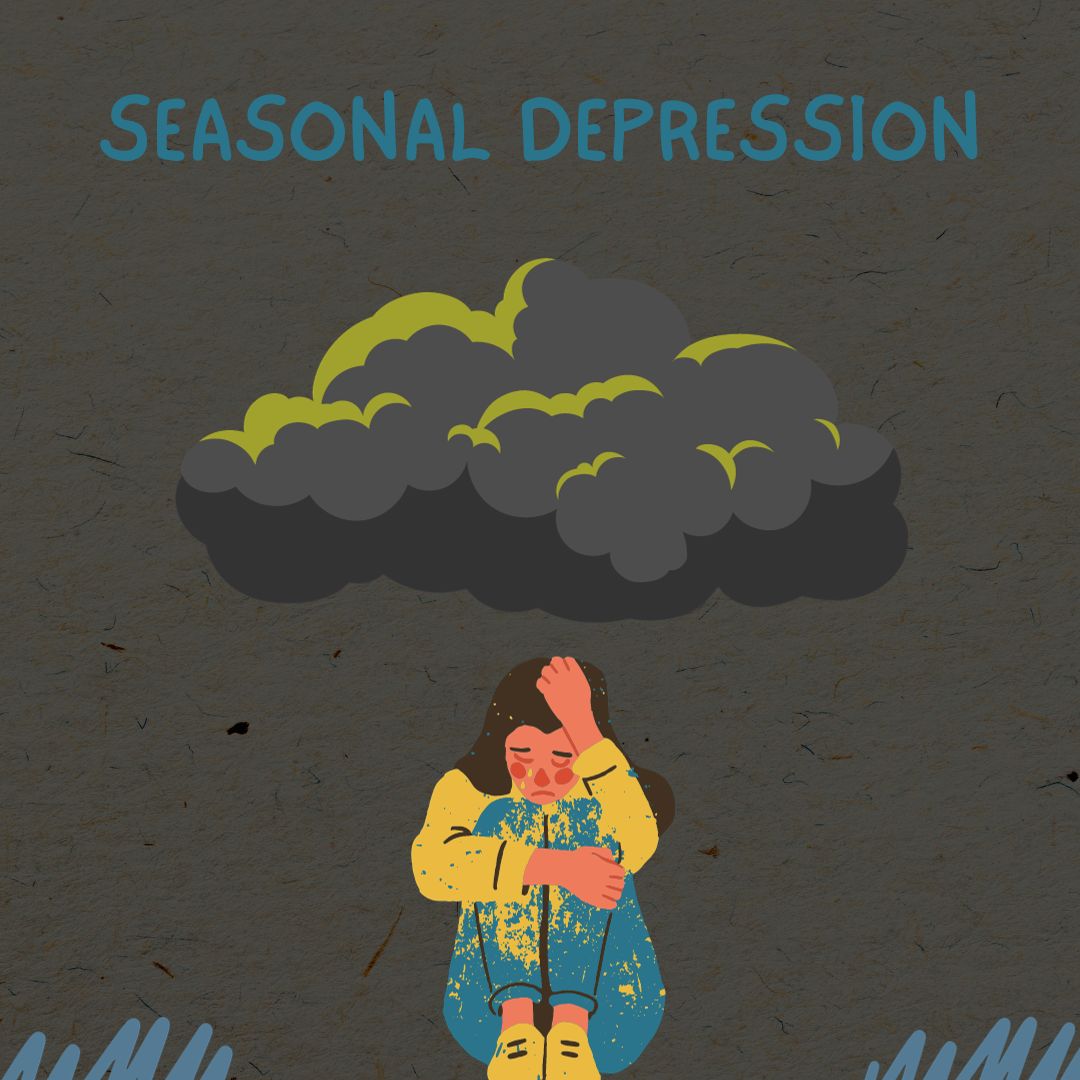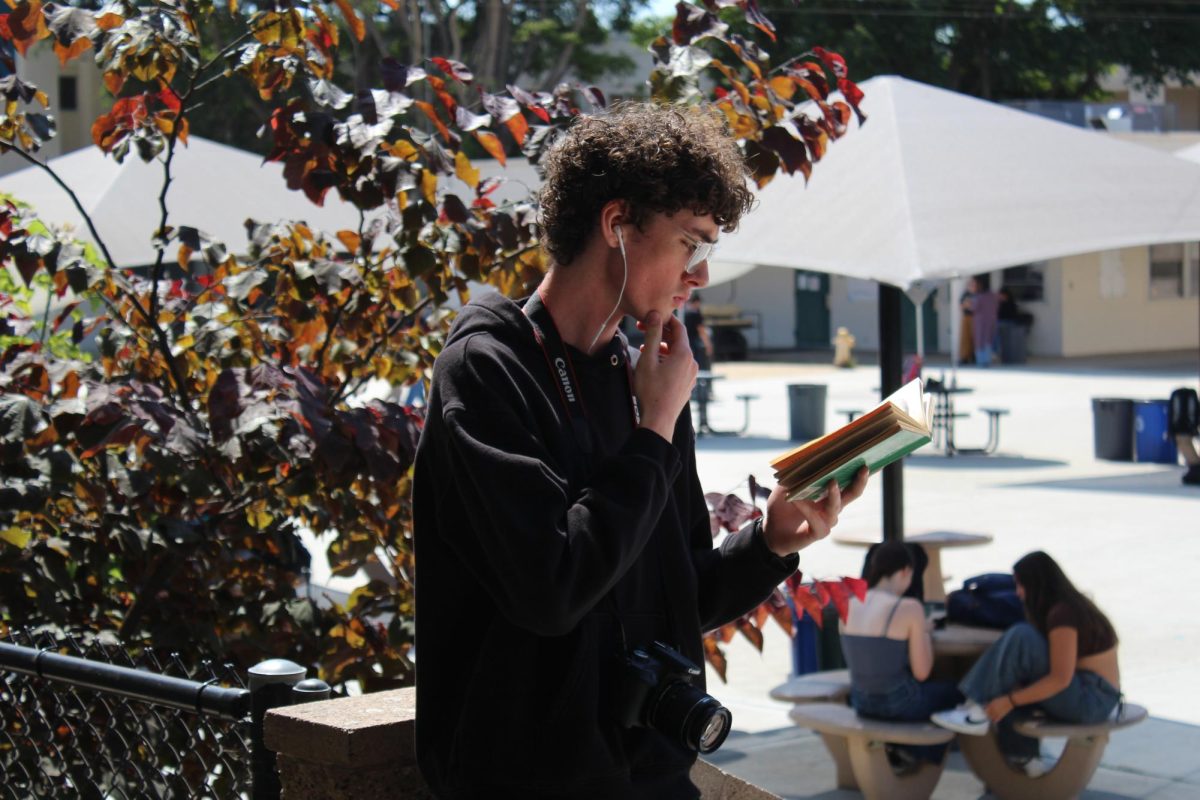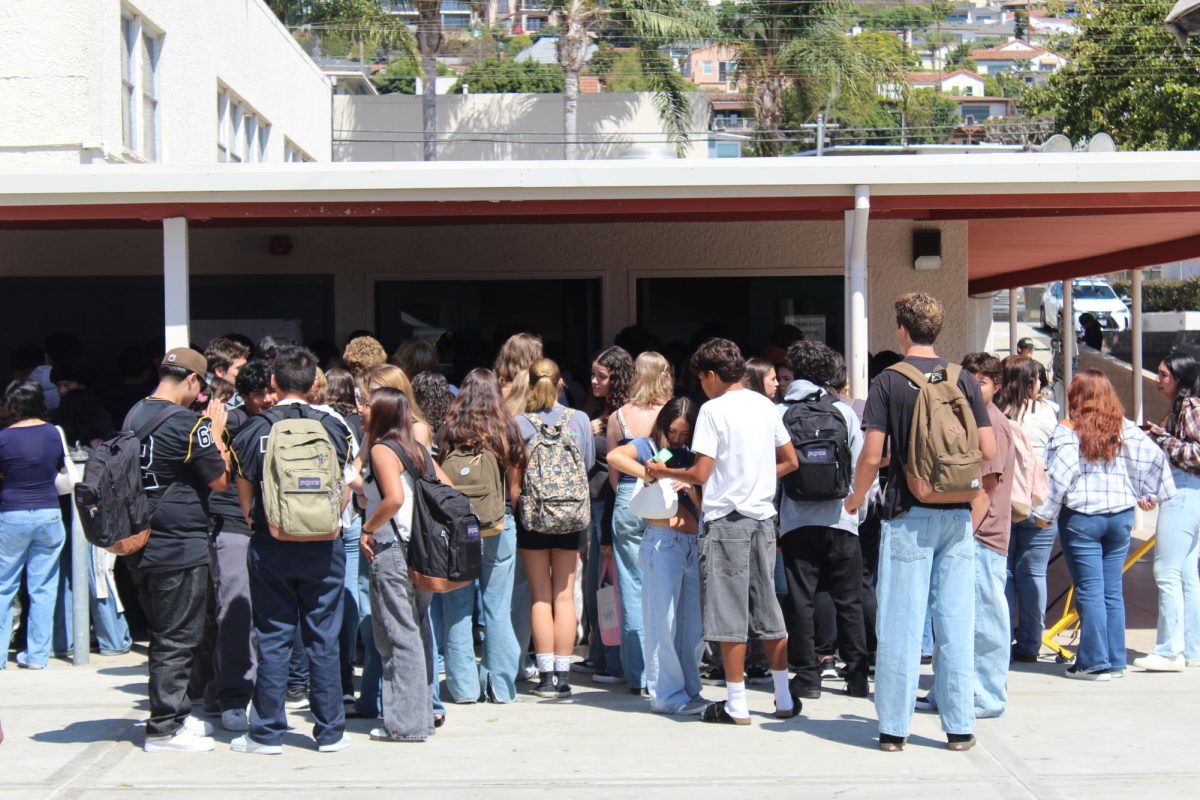What is seasonal depression and how can it be prevented?
Seasonal depression, also known as seasonal affective disorder, is a mood disorder characterized by depression that occurs around the same time every year. The National Institute of Mental Health states that seasonal depression usually starts in late fall/early winter and ends around the spring equinox.
According to Piedmont Healthcare, seasonal depression comes from the change in daylight hours and not because of the specific season. Shorter and darker days are what triggers depressive symptoms leading to seasonal affective disorder (SAD). The common symptoms that people with SAD experience include feelings of hopelessness, anxiety, changes in sleep schedule, low energy, irritability and mood swings.
The American Psychiatric Organization states about 5% of adults experience SAD throughout their lifetime and lasts 40% of the year. Different ways to prevent and manage seasonal depression are the following: exercise, pick up new hobbies, eat healthy, go outside, practice breathing techniques and join a support group. Seasonal depression not only affects adults but it may also occur in young adolescents. SAD can affect work ethic in school and performance in sports.
Avion Kennady ‘24 said, “I have personally experienced the effects of seasonal depression and I can say that during [that] time, it heavily affected my game performance in basketball and my grades. People don’t understand that [seasonal depression] affects others in different ways. Some ways I’ve learned to cope with it are to find new hobbies that keep my mind busy, learning how to manage a better sleep schedule and speaking up about it.”

However, there are always people that are not affected by the sudden change of season.
Josue Romero ‘24 said, “I don’t think the weather changes how I feel, but it could change others.”
Despite depression being a somewhat difficult topic for teens to speak out on, many have found that vocalizing their experience with seasonal depression have helped them feel more confident in receiving help. As students navigate through the changing seasons, it may be crucial to recognize and address the impact of seasonal depression on individuals’ mental well-being. The cold and dark months can cast a long shadow on many lives, affecting not only mood but also overall quality of life.
Whether it’s reaching out to friends and family, seeking professional help, or engaging in self-care practices, any type of attention helps bring awareness to such a difficult topic that has been historically taboo to talk about.
















